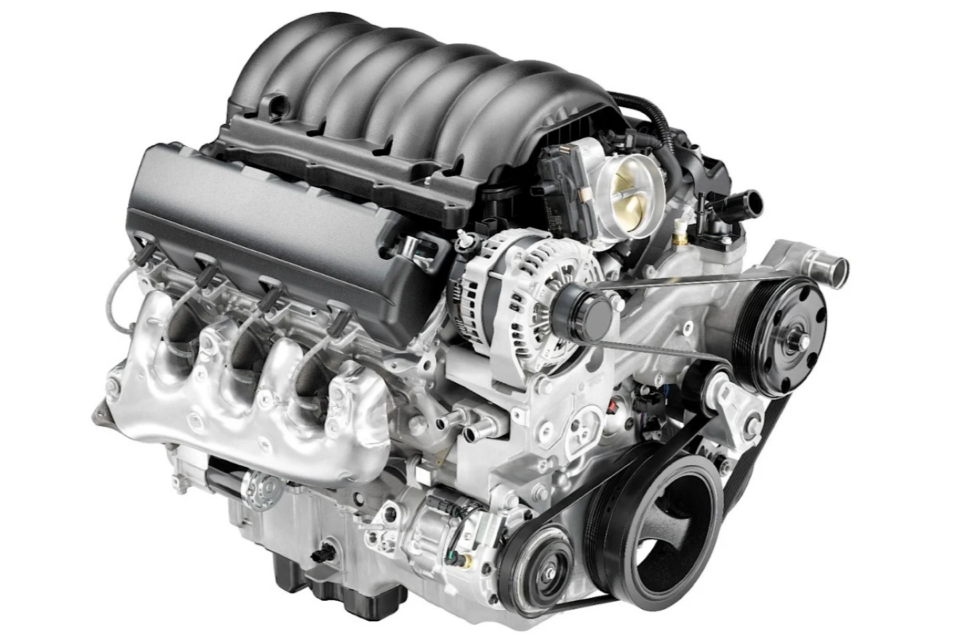A federal investigation is underway regarding engine failures in various General Motors trucks and SUVs that have been released recently. NHTSA, or National Highway Traffic Safety Administration, has launched a preliminary evaluation of GM’s 6.2-liter L87 engine failures. This action affects over 877,000 vehicles produced between 2019 and 2024.
Specifically, the probe covers the following models equipped with the L87 engine: 2019-2024 Chevrolet Silverado 1500 and GMC Sierra 1500, 2021- 2024 Chevrolet Tahoe and GMC Yukon, 2021-2024 Chevrolet Suburban and GMC Yukon XL, and 2021-2024 Cadillac Escalade and Escalade ESV.
The investigation comes after 39 complaints were filed regarding L87 engine failures. These reports center on issues mainly on the connecting rod bearings. Vehicle owners describe an abrupt loss of power, and surprisingly, this happened unexpectedly and without any prior indications. There are also additional reports of connecting rods breaking through the engine block.
As a result, NHTSA is working to understand how often these failures happen. The agency will also evaluate the associated safety risks behind these unexpected issues. NHTSA’s goal is to determine if a safety-related defect exists which may require a fix.
Rest assured that General Motors is doing everything it can and is working alongside investigators to look into these L87 engine failures. Company spokesperson Bill Grotz emphasized that “The safety and satisfaction of our customers are the highest priorities for the entire GM team, and we continue to cooperate with NHTSA’s evaluation of this matter.”
Fortunately, there are no reports of accidents, fires, injuries, or deaths linked to the engine issue. However, the evaluation could potentially lead to a recall and might also prompt a more in-depth analysis of the engine’s engineering.
Owners of the affected GM models should actively monitor updates from both General Motors and NHTSA. They should also report any engine problems directly to NHTSA via the agency’s website. Anyone experiencing unusual engine behavior must schedule a visit to a GM dealership immediately.
Currently, the investigation is in its early phases. NHTSA will carefully review data before determining its next steps. As this situation develops, NHTSA will release further information through its website. Therefore, all affected vehicle owners should stay alert for official updates.




















